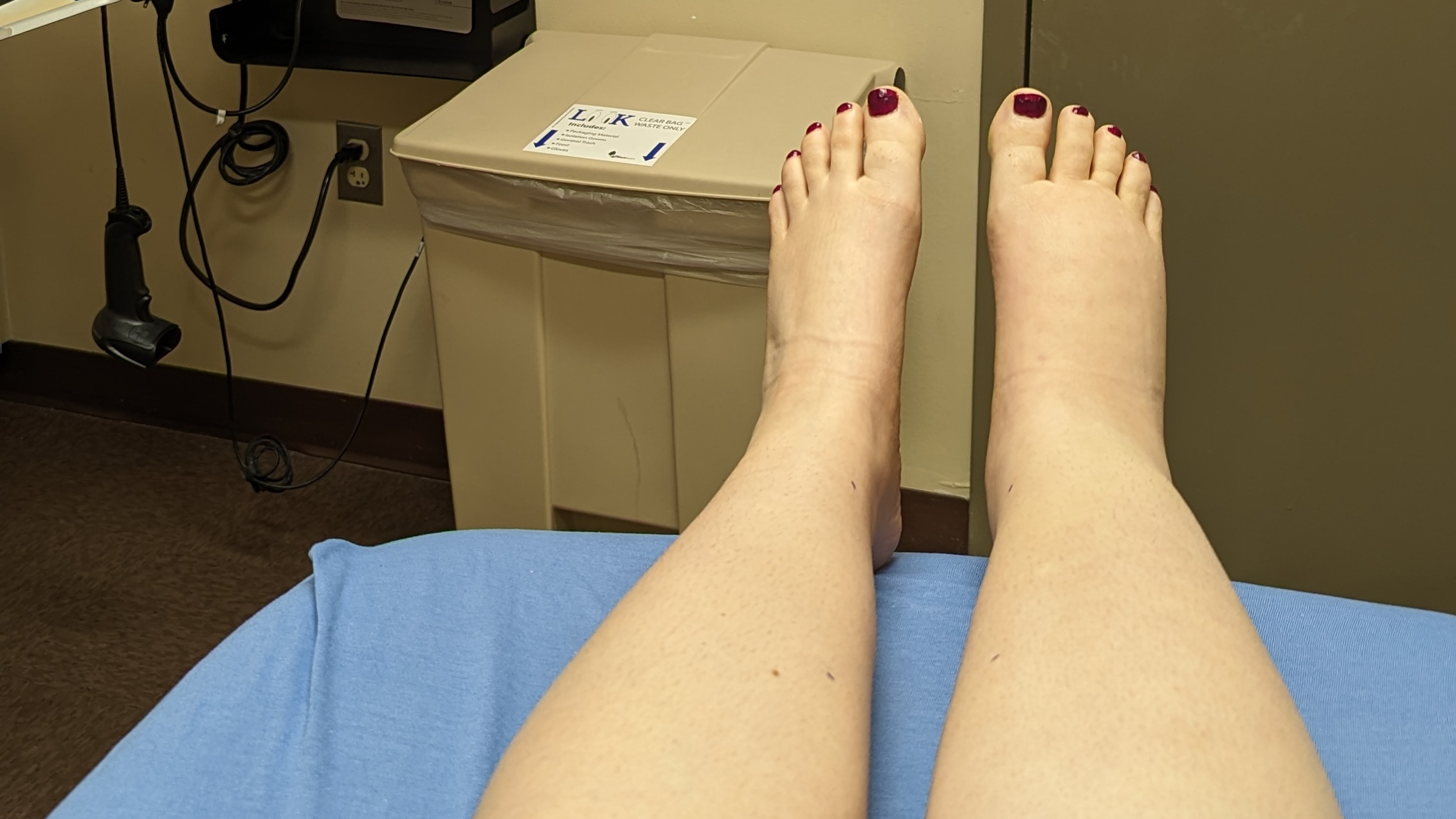Researchers from ETH Zurich and Aristotle University of Thessaloniki have discovered that certain cells in the immune system called regulatory T cells suppress the development of lymphedema.
This recent study not only sheds some light on how lymphedema develops, but also carries the potential to inform future therapies and treatments.
“Our work shows that you can keep lymphedema in check by suppressing inflammation,” ETH professor Michael Detmar, MD, explained in an article on the study. “Our study suggests a paradigm shift. When treating lymphedema, you should focus instead on inflammatory responses. It is likely that this approach would make a cure for lymphedema possible for the first time.”
This is some pretty big news for lymphatic research, that much is obvious—but what do these findings mean, and how will it change the way lymphedema is treated?
First—a biology lesson
In this study, scientists focused on a specific set of cells called regulatory T cells. Produced in the bone marrow and developed in the thymus, T cells are a subtype of lymphocytes, which are in turn a subtype of white blood cells.
T cells make up part of the body’s line of defense: they fight bacteria, viruses, and cancer cells in the blood and lymph nodes. Dr. Allan Bruckheim explained it best when he said, “The T cell is like a quarterback, interpreting the enemy’s composition and signaling other cells to get into action.”
There are a bunch of different types of T cells working hard in your body, all with very specific functions: cytotoxic T cells, which directly attack invaders; helper T cells, which round up other immune cells and organize an immune response; natural killer T cells; memory T cells, which recognize markers on bacteria, viruses, or cancer cells they’ve encountered before; and regulatory T cells.
Regulatory T cells do exactly as their name suggests: they regulate the immune system. By suppressing certain immune responses, they ensure the system maintains balance and doesn’t overreact. (An example of an immune system overreaction are autoimmune diseases.)
Their experiments and findings
The study indicates that inflammatory processes in the body are involved in the onset of lymphedema, a finding that could change the techniques and therapies used in the treatment of lymphedema and, eventually, lead to a cure.
From the ETH Zurich article:
The researchers, led by ETH Professor Michael Detmar, uncovered the connection between regulatory T cells and lymphedema when they were measuring the concentration of various RNA molecules in the lymphedema tissue of mice. They found particularly high concentrations of molecules that control the gene activity in regulatory T cells. The researchers therefore concluded that such cells are more active in lymphedema tissue. In subsequent cell biology investigations of both mouse tissue and biopsies of patients, the researchers were also able to corroborate this cell type directly.
The scientists were further able to clarify the role of regulatory T cells in lymphedema after conducting further experiments wherein they gave mice transfusions of these cells. The mice with increased numbers of regulatory T cells had significantly less swelling than the mice lacking the cells, a result that indicates regulatory T cells inhibit the development of lymphedema.
A transfusion of regulatory T cells might one day be possible in humans: “This is already being done in the context of clinical trials for other diseases, for complications after organ transplants and for certain autoimmune diseases,” said Epameinondas Gousopoulos, a physician and doctoral student in Dr. Detmar’s group.
For now, though, Dr. Detmar suggests considering anti-inflammatory drugs as part of lymphedema treatment.
What do you think about these findings? Could this be what leads to a cure? Let me know your thoughts!
Special thanks to lymphie Judith M. in Switzerland for sending me the research article—you rock!





Leave a Reply